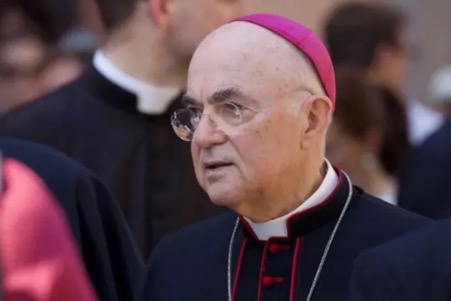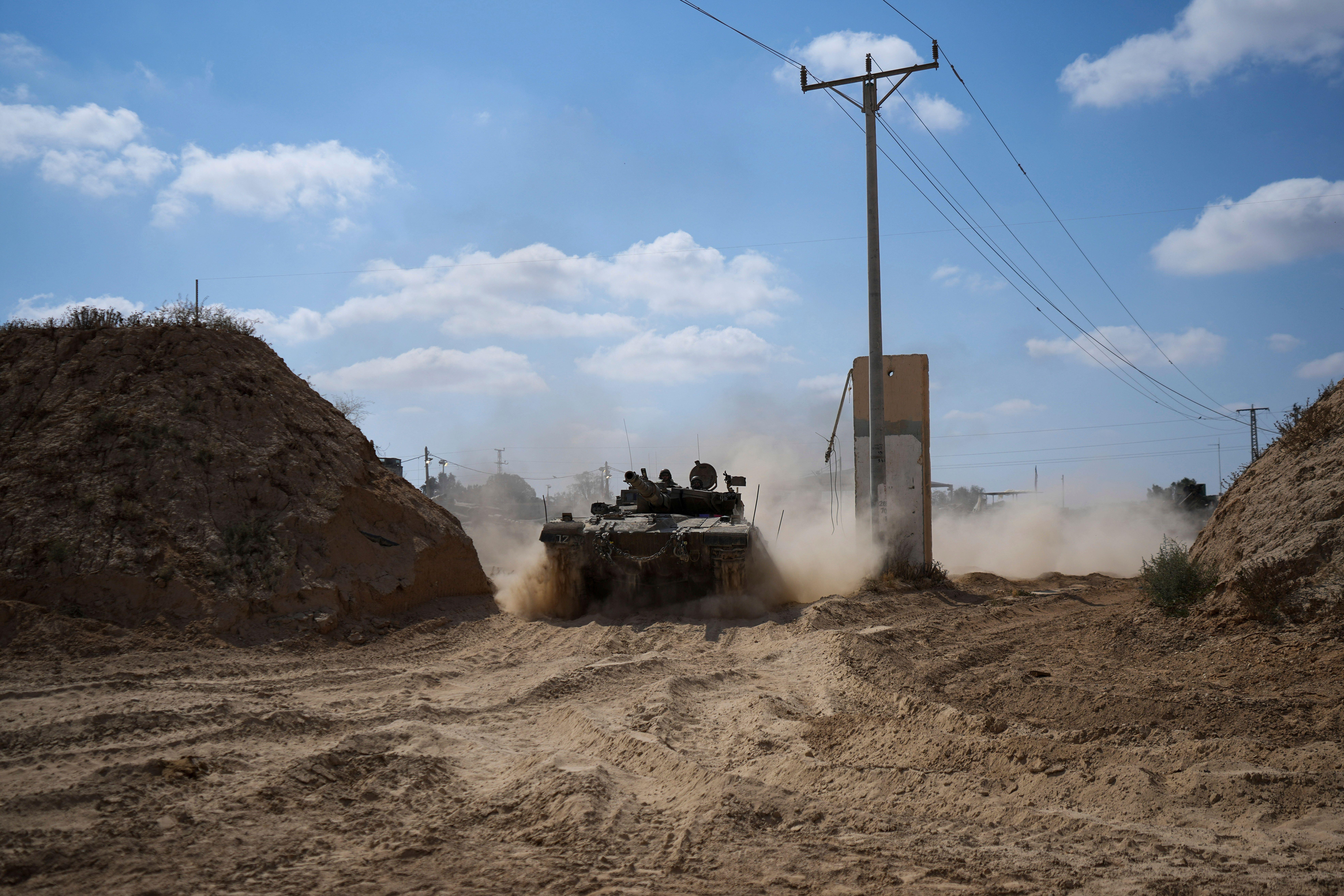Famine is imminent in northern Gaza with 70 per cent of the population suffering from hunger, reported Caritas Internationalis as it marked six months since the beginning of the war.
Last Sunday Pope Francis reiterated the critical need for a just and lasting peace in Palestine-Israel in prayers with crowds in St Peter’s Square. He implored believers not to waver in their prayers for peace amid ongoing violence, with civilians bearing the brunt of the suffering.
International non-governmental organisations warned it is becoming impossible for them to work in Gaza amid the ongoing war. The president of Doctors Without Borders in France, Isabelle Defourny, criticised the targeting of relief workers but said her organisation does not plan to leave Gaza.
“Gaza is progressively being made unfit for human life; it has passed the threshold of absolute horror,” she said. The charities called for an immediate ceasefire, saying Israel and the countries supplying it with arms “have the obligation under international law to protect populations from atrocity crimes”.
The warning came days after seven members of the US-based food charity World Central Kitchen were killed on 1 April in Israeli air strikes on their three-vehicle convoy on a route that had been pre-arranged with the Israeli occupation forces. UN chief Antonio Guterres labelled the attack as “unconscionable” and “an inevitable result of the way the war is being conducted”. The World Council of Churches joined in the condemnation.
The Xavier Network, a partnership between 14 Jesuit international mission and development organisations across the world, strongly supported the statement issued by the Society of Jesus condemning the on-going violence in Gaza and other areas.
“As Jesuit organisations involved in responding to humanitarian crises around the world, we also express our shock at the killing of 7 aid workers who were delivering essential food aid on April 2. It is reported that 196 aid workers have been killed in Gaza since last October. This is the latest horrific event in a war in which tens of thousands of civilians, many of them children, continue to be the main victims,” the network said.
“The overall humanitarian community is reeling from the news of the WCK incident,” said Jason Knapp, country representative for the U.S. Church’s Catholic Relief Services in Jerusalem, West Bank and Gaza. He said CRS’s 45-member Gaza staff would stay in Gaza. The CRS Gaza team has reached about three-quarters of a million people since the beginning of the war. “Food and emergency shelter are the top aid priorities – and above all, a cessation of hostilities,” he said. “Anytime I talk to a Gazan, they say, Please make the bombs stop. That is by far the most important thing that we need, so we can start building a new life and a future for ourselves,” said Knapp.
Bodies of the foreign slain aid workers were taken out of Gaza on 3 April for repatriation, as Israel faced a chorus of outrage over their deaths. The deaths piled more pressure on Israel, whose war since the Hamas attack of 7 October has killed at least 32,975 people, mostly women and children, according to the health ministry in Hamas-run Gaza.
On 5 April a World Health Organisation multi-agency mission reported that the Al-Shifa Hospital in north Gaza, once the largest and most important referral hospital in Gaza, is now an empty shell after the latest siege by the Israeli army. No patients remain. Most buildings are extensively damaged or destroyed and the majority of equipment is unusable or reduced to ashes. The WHO team said that the scale of devastation has left the facility completely non-functional, further reducing access to life-saving health care in Gaza. WHO repeated its call for the protection of patients, health and humanitarian workers, health infrastructure, and civilians.
On Monday, the Xavier Network of Jesuit mission offices and non-governmental organisations from across Europe, North America and Australia called for ceasefire and humanitarian assistance in Gaza. It said: “We join the Jesuits’ call for an immediate ceasefire, for the release of all the 7 October hostages, for negotiations and for the beginning of a process that will bring freedom, liberty and justice for all in the Middle East, the only road to true peace.”
In England and Wales, Cafod has urged its supporters, in the light of the recent UN ceasefire resolution, to keep up the pressure for a lasting peace for the region. It called on supporters to write to the Foreign Secretary to demand the UK exerts every effort to ensure this new UN resolution leads to a permanent ceasefire.
Cardinal Timothy M. Dolan of New York announced he will travel to Israel and Palestine for a pastoral visit 12-18 April in his role as chairman of the Catholic Near East Welfare Association. He plans to meet with local Christian, Jewish and Islamic religious leaders; Israeli and Palestinian representatives; and various social service and humanitarian efforts. The cardinal's visit was planned before the current crisis erupted six months ago.
And an abbot in the Holy Land has accused the international community of treating the crisis “as if it was a simple game”. Abbot Nikodemus Schnabel of Jerusalem’s Benedictine Dormition Abbey told Catholic charity Aid to the Church in Need: “People are dying while the world watches …where one waves flags for one team or another. But this is a terrible situation. I am neither pro-Israel nor pro-Palestine. I am pro-human being.”



 Loading ...
Loading ...